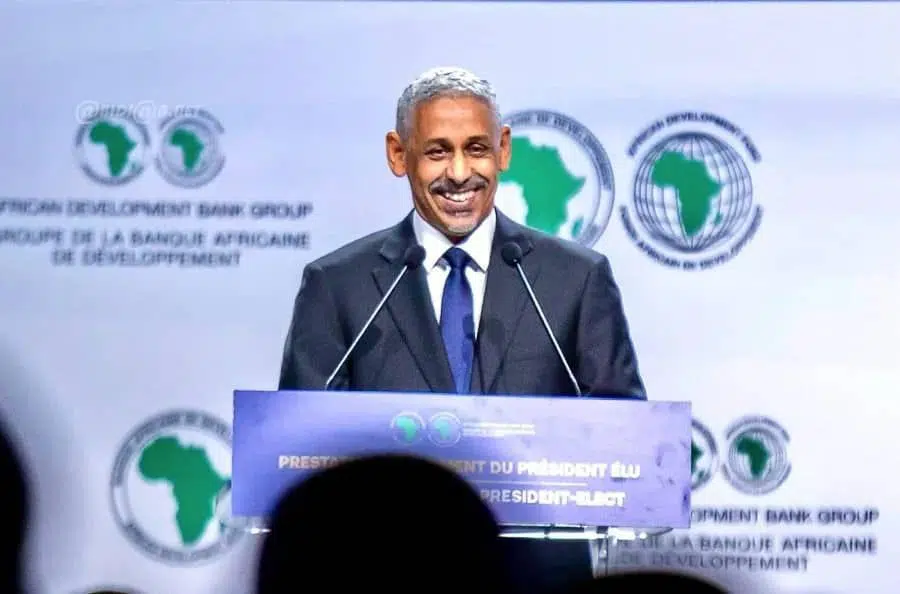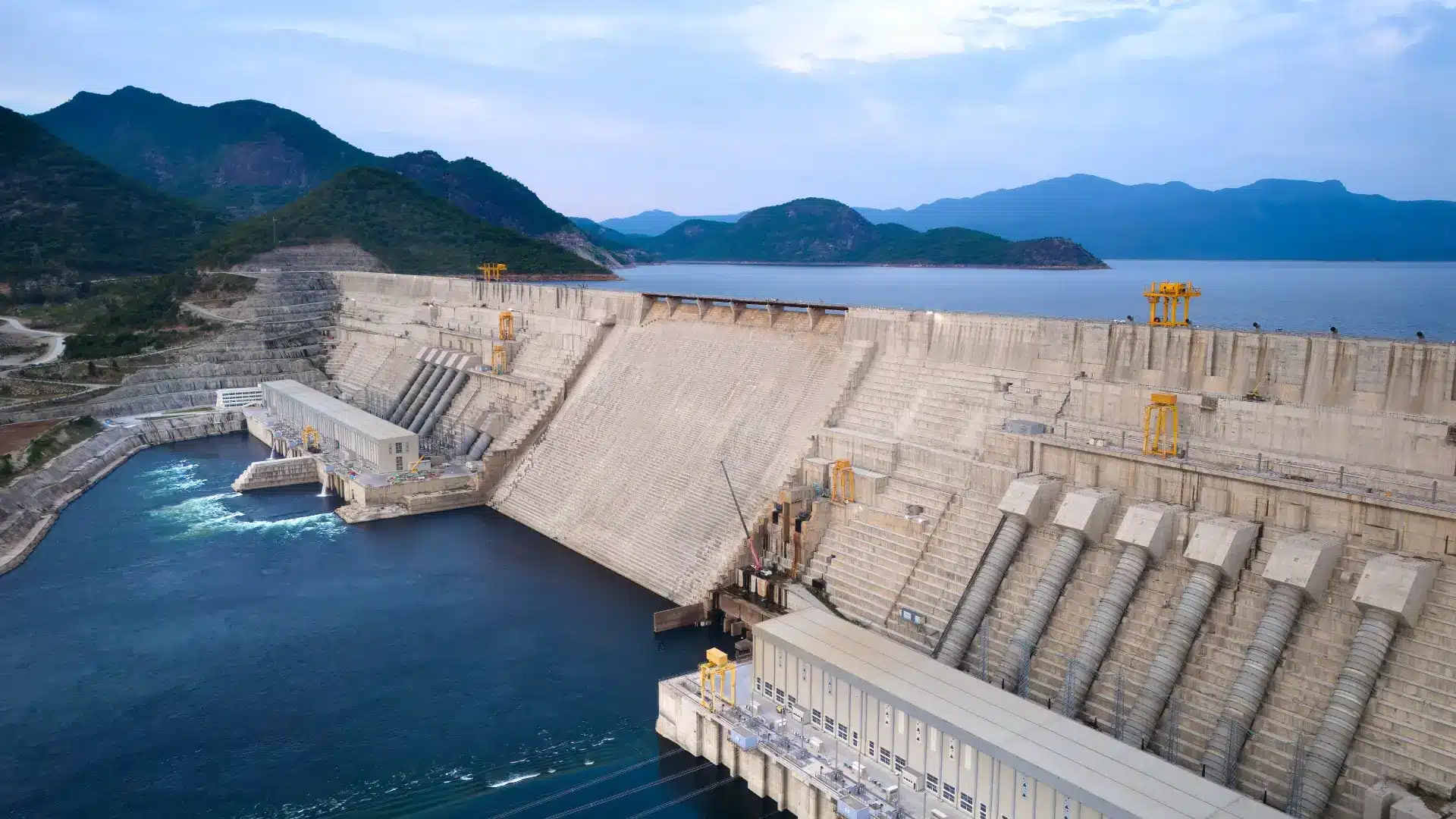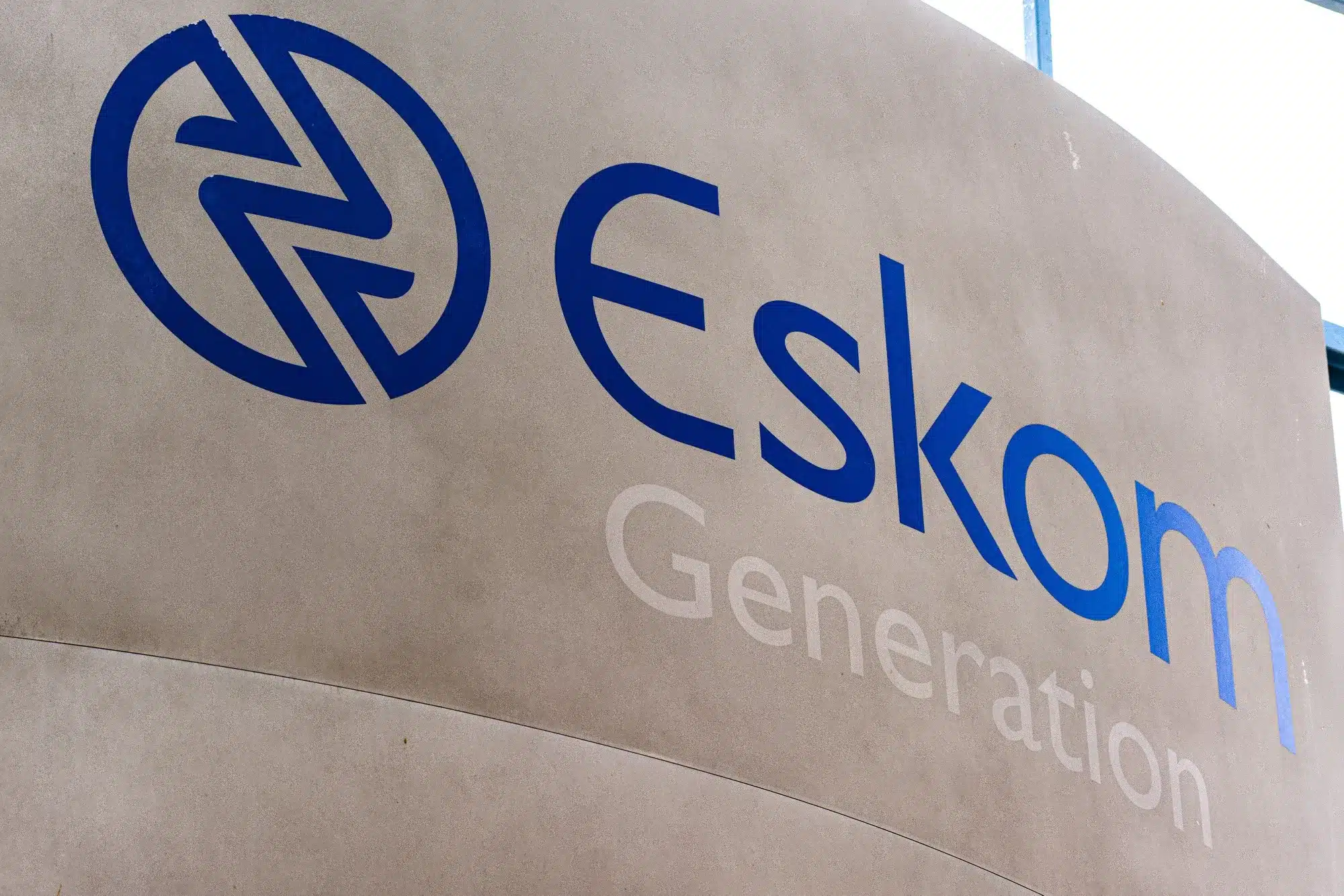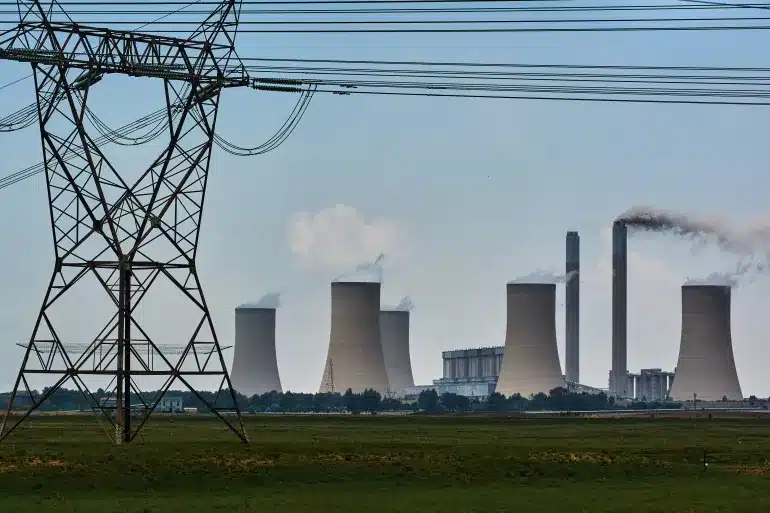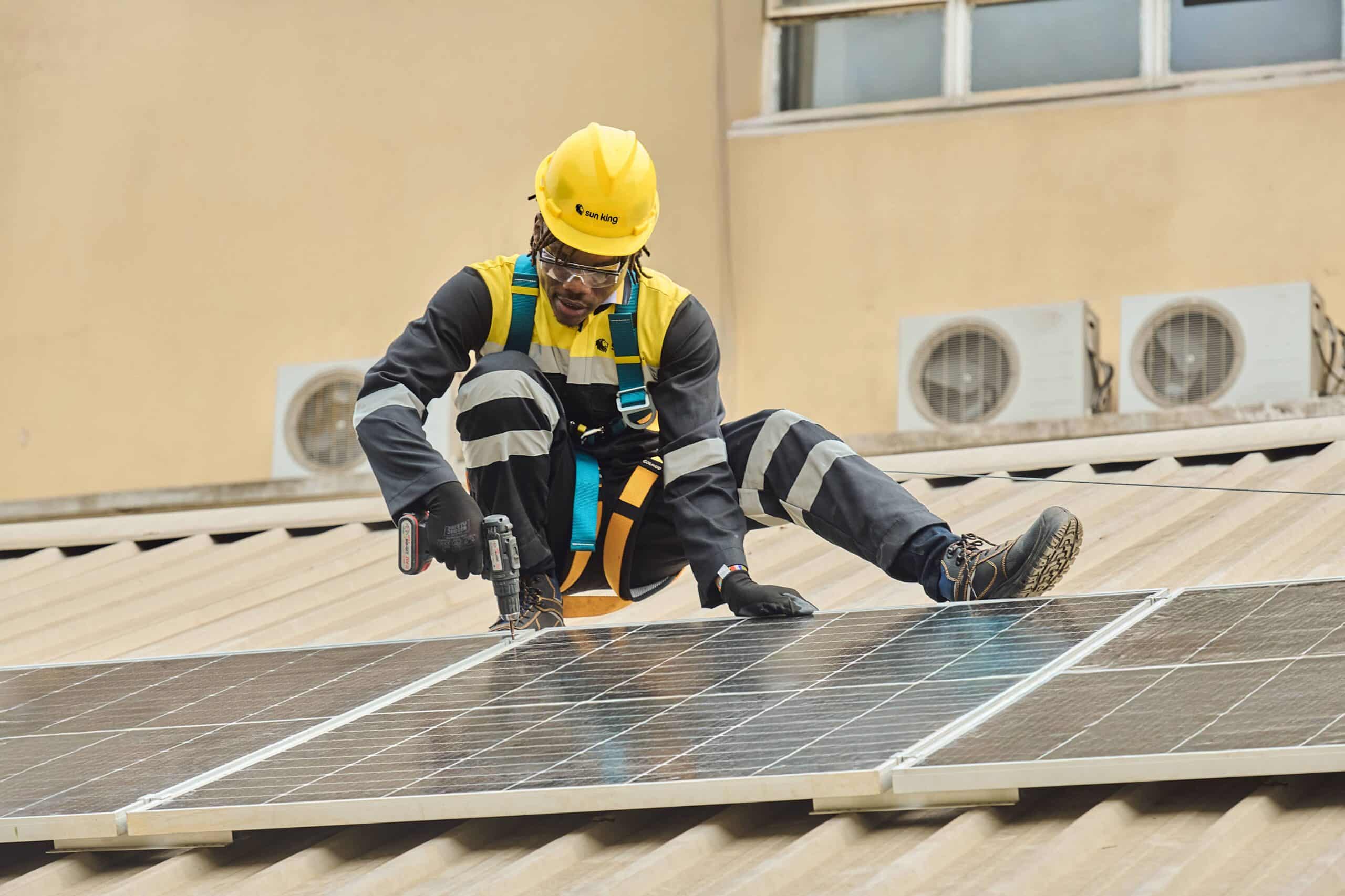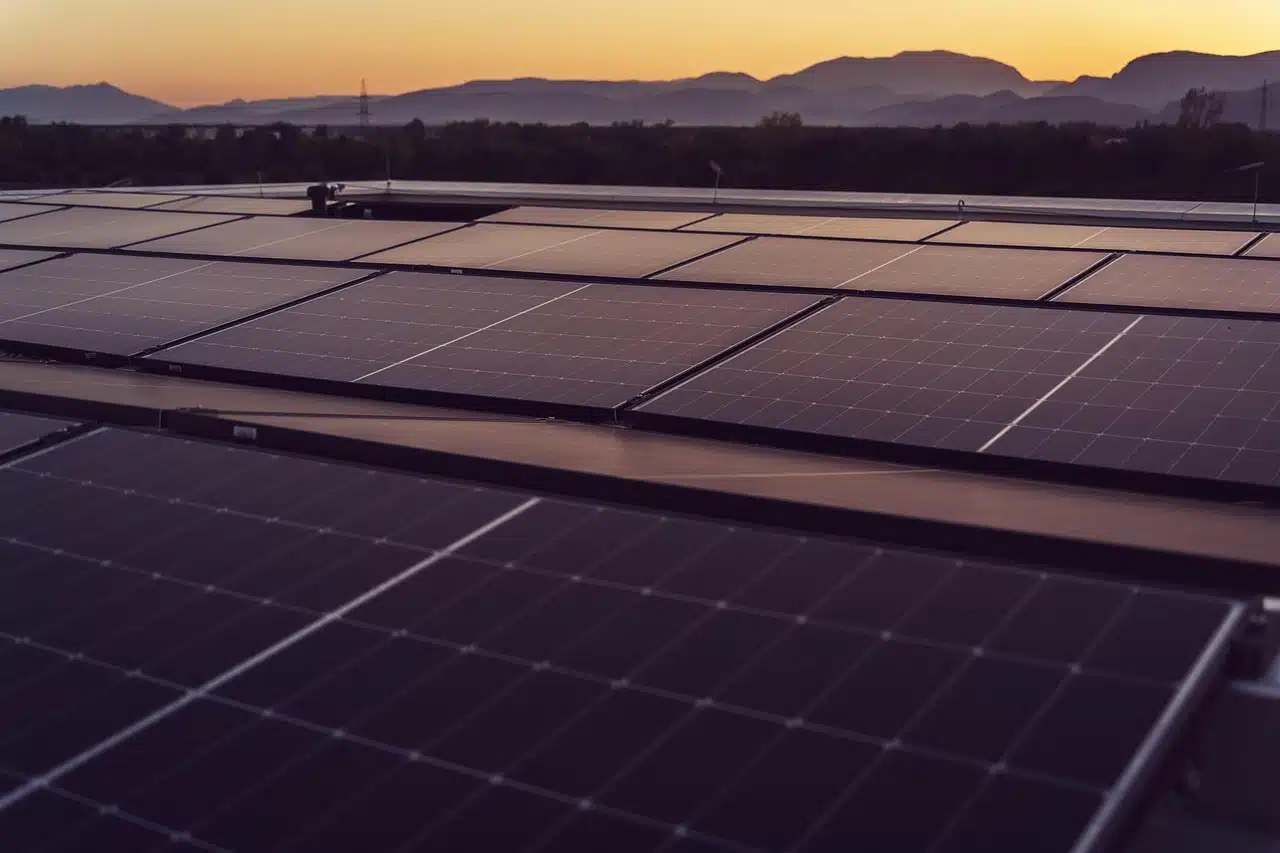West African country, Nigeria, expects to attract up to $20 billion in fresh oil and gas investments by 2029, driven by recent reforms to improve power generation and industrial growth.
This was disclosed by the President’s Special Adviser on Energy, Olu Verheijen, in an interview with Bloomberg News in Abu Dhabi, UAE.
She said the administration has already catalysed around $8 billion in upstream commitments in the last 18 months, mostly from international investors.
According to Verheijen, the target is for these inflows to strengthen domestic energy supply and support power supply for industries, homes, and businesses nationwide.
“We have improved our fiscals to make sure it’s a lot more competitive. All of those have come from international investors and the next $20 billion will also come from those investors and some indigenous independents.
“A lot of those investments are going into oil and gas. And increasingly that’s going to enable us power our industries, homes and businesses,” she said.
The Special Adviser added that Nigeria ranked among the top three most competitive petroleum jurisdictions out of 14 resource countries assessed in 2024, following fiscal adjustments.
Other key investments in oil and gas
Verheijen noted that a significant share of the new capital is expected to go into gas supply.
The government believes this will catalyse midstream and downstream activities and help improve affordability for businesses.
She also noted that increased investments may support value-added segments such as petrochemicals, agricultural inputs, and fertiliser production.
According to her, the next phase of capital will come from both multinational producers and fast-growing indigenous independents, which are beginning to scale following ongoing reforms.
The administration expects accelerated gas development to boost industrial output while reducing commodity dependence and expanding domestic processing capacity.
Sector developments
Nigeria is entering a new phase in its oil and gas sector, where regulatory reforms are not only attracting capital but also reshaping how upstream investments are structured.
According to the Ministry of Petroleum Resources and NUPRC, the Petroleum Industry Act (PIA) was designed to modernise fiscal terms, clarify contract structures and improve Nigeria’s investment competitiveness.
The Special Adviser noted that these investments will focus on gas supply, support midstream and downstream development, and help power industries, homes, and businesses.




